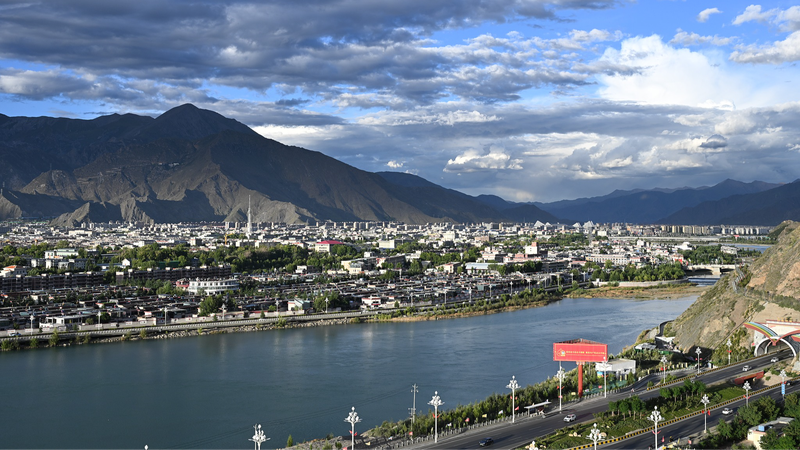Once isolated by its high-altitude terrain, Xizang Autonomous Region on the Chinese mainland has undergone a dramatic transformation over the past 60 years. According to official figures, the region's gross domestic product skyrocketed from 1.8 billion yuan in 1965 to 276.5 billion yuan in 2024 – a 155-fold leap that mirrors a wave of modernisation sweeping across the plateau.
Data at a glance:
- GDP: 1.8B yuan (1965) – 276.5B yuan (2024)
- Per capita GDP: 241 yuan – 71,000 yuan
- Poverty headcount: 80% – 0%
- Life expectancy: 35.5 years – 72.5 years
This economic rise is more than numbers on a page. Xizang has officially erased absolute poverty, lifting 628,000 residents and 74 counties above the poverty line. The poverty headcount ratio fell from over 80% before 1959 to zero in 2019. At the same time, average life expectancy soared from 35.5 years to 72.5 years by 2024 – proof that economic gains have translated into better health and wellbeing.
The modernisation of infrastructure and social services – ranging from improved healthcare access to expanded educational programs – has played a key role in this turnaround. What once seemed like a remote region is now a case study in how targeted development strategies can reshape economies and societies.
As Xizang looks ahead, its journey offers valuable lessons for emerging markets and policy-makers worldwide. By investing in inclusive growth and social infrastructure, even the most remote corners of the world can chart a path from isolation to prosperity.
Reference(s):
cgtn.com




